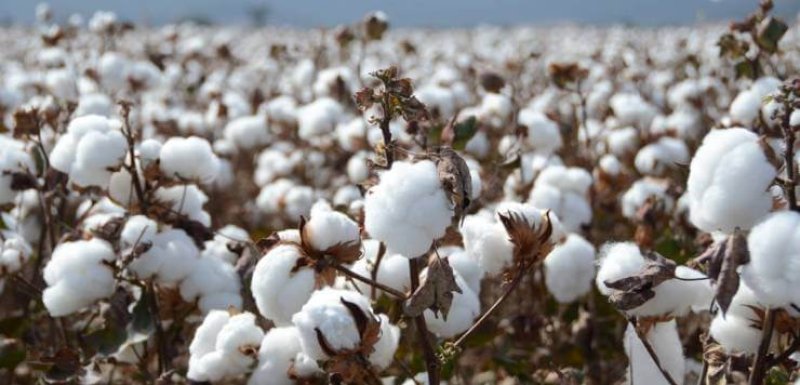Dear H&M:
I saw your recent commercial regarding sustainability. It shares your commitment to change your production now to help protect our environment for the future. You reported that already half of your materials “are recycled, organic, or sustainably sourced.” And you promise that by 2030, it will be 100 percent.
[Editor’s note: Amanda Zaluckyj is a lawyer and science writer.]
…
But I’m afraid at least one piece of your strategy is more virtue signalling than anything else. That’s your adoption of organic fabrics. I’m not surprised you’re confused though; organic marketing has done quite a good job of confusing people. As a result, people tend to associate organic with environmentally friendly.
If you’re using organic cotton though, you’re missing out on the benefits of modern agriculture. More specifically, genetically modified crops, which aren’t allowed in organic production.
And that’s a big deal. Bioengineered cotton plants produce the Bt protein. The insects that like to feed on–and destroy–cotton plants aren’t able to digest the Bt protein. So when they munch on the cotton plant, it kills them. The good news: it’s completely harmless to humans. We digest the Bt protein just like any other protein.































